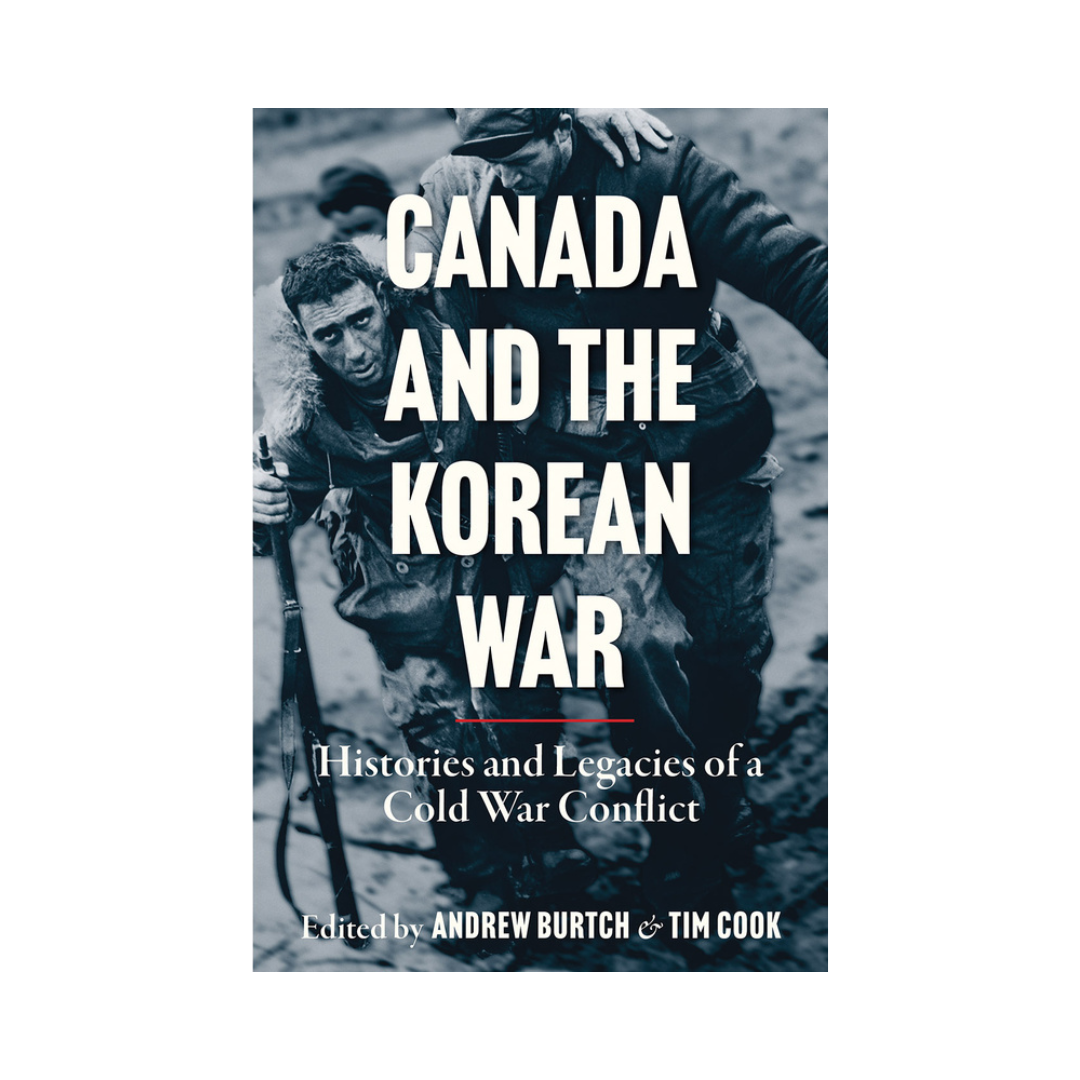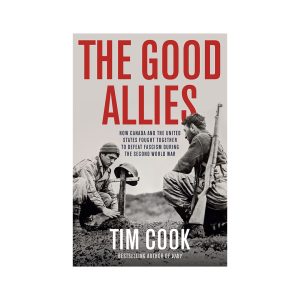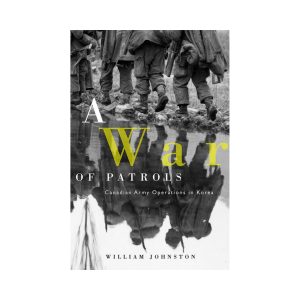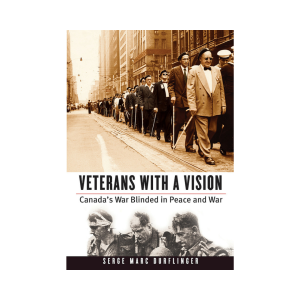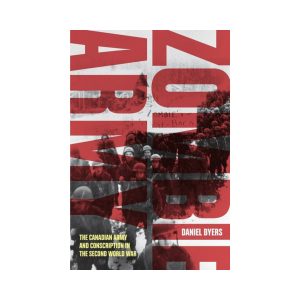Canada and the Korean War
$45.00
Canada and the Korean War : Histories and Legacies of a Cold War Conflict is a collection of essays by leading scholars that explores Canada’s involvement in the Korean War, which was the country’s most significant military engagement after the two world wars. Although Canada initially had little interest in Korea, the threat to postwar stability led to the deployment of over 30,000 Canadian military personnel between 1950 and 1953. The book examines key themes, battles, and the broader impact of the war on Canadian armed forces and Canada-Korea relations. It also discusses how the conflict has been remembered in public memory, making it relevant for military history scholars, students, veterans, and those interested in Canadian history.
Korea was the first hot war of the Cold War. It was also Canada’s most significant military engagement of the twentieth century following the two world wars. Canada and the Korean War gathers leading scholars to explore the key themes and battles of a seminal yet understudied conflict.
Canada had little stake and less interest in Korea before 1950, but the risk the conflict posed to the fragile postwar order was deemed too great for the country to stand on the sidelines. From 1950 to 1953, more than 30,000 Canadian military personnel served in the Korean War theatre, and “peacetime” defence spending reached an unprecedented level. Alongside the emerging American superpower, local forces, and Commonwealth allies, Canadians fought a determined, inventive enemy on the land, at sea, and in the air. The eventual armistice left an uneasily divided peninsula.
This timely collection synthesizes Canadian and international perspectives on a conflict that shaped not only the Canadian armed forces but also the evolving Canada-Korea relationship. In the process, Canada and the Korean War sheds light on how the war has been framed and reframed in public memory.
This superb study will interest members of the American, British, Chinese, and Korean military history community and will be highly relevant for undergraduate classes in Canadian military history, international history, and the Cold War. More broadly, its readership will extend to Canadian veterans, their families, and those with a general interest in Canadian military history.

